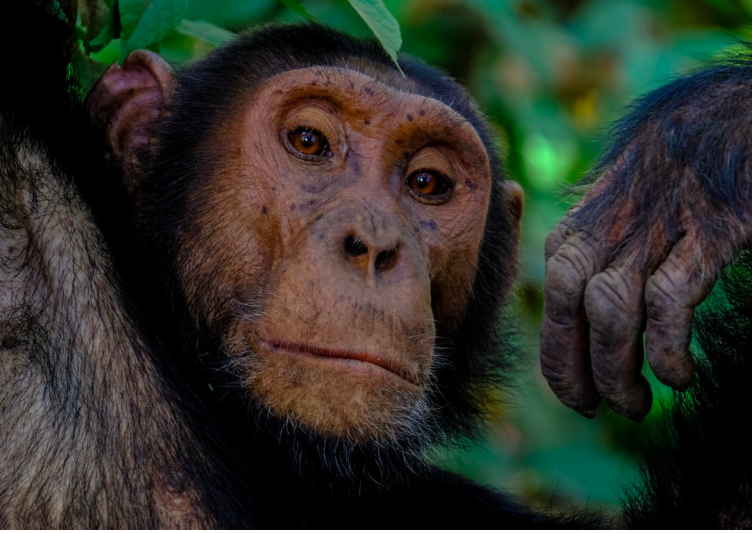New generation of scientists needed to protect Africa’s endangered primates
Chimpanzees, baboons and monkeys face ever-growing threats but more young primatologists needed to conserve them, major conference hears

Your support helps us to tell the story
From reproductive rights to climate change to Big Tech, The Independent is on the ground when the story is developing. Whether it's investigating the financials of Elon Musk's pro-Trump PAC or producing our latest documentary, 'The A Word', which shines a light on the American women fighting for reproductive rights, we know how important it is to parse out the facts from the messaging.
At such a critical moment in US history, we need reporters on the ground. Your donation allows us to keep sending journalists to speak to both sides of the story.
The Independent is trusted by Americans across the entire political spectrum. And unlike many other quality news outlets, we choose not to lock Americans out of our reporting and analysis with paywalls. We believe quality journalism should be available to everyone, paid for by those who can afford it.
Your support makes all the difference.By Sarah Mawerere for UBC Radio News in Uganda
Greater international support is needed to mentor and build the capacities of the next generation Africa’s primatologists, delegates at the recent African Primatological Society Conference heard.
The conference, held in Entebbe in Uganda, attracted researchers, primatologists and conservationists drawn from within Uganda and the entire continent. This is the second conference of the kind to be held after the first one held in Gabon in 2017.
The primate family includes baboons, chimpanzees, monkeys and other related animals.
African primates are facing extinction due to the danger posed by factors of climate change, illegal poaching, and diseases, said Inza Kone, president of the African Primatological Society Conference, also Co-Vice Chair of the African primates section of the International Union for Conservation of Nature (IUCN).
Kone said a critical skilled mass of young African primatologists is needed to carry out research and conservation activities that will influence decision making and stimulate impactful action by Africa.
The rate of habitat destruction for the wild animals is alarming, and affecting natural habitats for the animals, said Sam Mwandha, Executive Director of the Uganda Wildlife Authority.
He however said a new plan is underway to engage all sectorial partners to work together and ensure that forests are conserved to keep the animals in their natural settings.
Listen to Sarah’s full report here.

This article is reproduced here as part of the Giants Club African Conservation Journalism Fellowships, a programme of the charity Space for Giants and supported by the owner of ESI Media, which includes independent.co.uk. It aims to expand the reach of conservation and environmental journalism in Africa, and bring more African voices into the international conservation debate.
Join our commenting forum
Join thought-provoking conversations, follow other Independent readers and see their replies
Comments